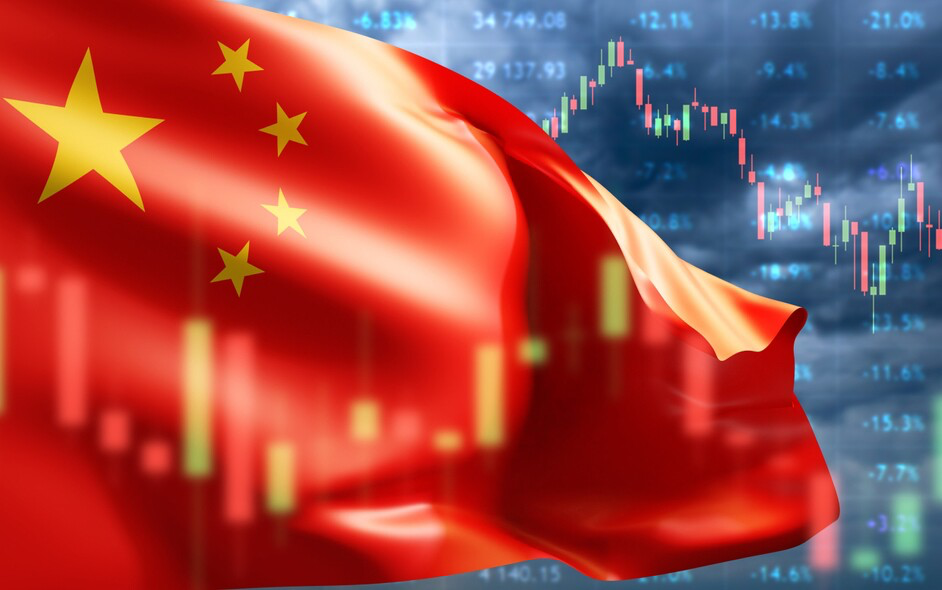https://www.energyintel.com/00000196-2466-d503-a9be-a57608920000
China Hikes Tariffs on US Goods, Petchems to Suffer
China Hikes Tariffs on US Goods, Petchems to Suffer

FOTOGRIN/Shutterstock
China has hiked its import tariffs on all US products to yet another record-high of 125% as part of its escalating trade war with US, with particular implications for the Chinese petrochemical sector.
Beijing’s latest tariff increase on all US goods is the third to be announced within a week and comes after the US raised its own levies on Chinese imports to 145% earlier this week.
Recognizing that the ratcheting up of import tariffs has brought trade between the two countries to a dead end, the Chinese finance ministry said Friday’s increase would be the last.
“At the current tariff level, there is no market acceptance for US goods exported to China. If the US continues to play the tariff numbers game, China will ignore it,” the ministry said in a statement. “Even if the US continues to impose higher tariffs, it will no longer make economic sense and will become a joke in the history of world economy.”
China’s new tariffs, which raise the tax on US imports from an already staggeringly high 84%, will take effect from Apr. 12.
US President Donald Trump lifted overall tariffs on Chinese goods to 145% on Wednesday despite pausing so-called reciprocal tariffs on most countries for 90 days and thus capping their levies at a baseline 10%.
By singling out China, Trump has escalated the trade war between the two countries to a new level. China acknowledged the tensions ahead on Friday and signaled, once more, that it will not back down. “If the US insists on continuing to substantially infringe on China's interests, China will resolutely counterattack and fight to the end,” the finance ministry said.
Potential Petchem Pain
China’s liquids demand growth this year was expected to come mainly from two petrochemicals feedstocks — propane and ethane — of which the US is China's largest supplier.
The International Energy Agency forecast in March that China’s demand growth for LPG and ethane would hit 159,000 barrels per day in 2025, accounting for 69% of China’s total oil demand growth.
But the latest prohibitive import tariffs put that demand at risk.
Surging production of US LPG (propane and butane) and ethane over the past decade have fed most of China’s demand, prompting a surge in propane dehydrogenation plants (PDH), which produce propylene, and plans for new ethane crackers.
Beijing’s new import levies of 125% on US LPG and ethane make it likely that those exports to China will dry up, hitting PDH plants and ethane crackers hard, as they will be difficult to replace.
US LPG accounted for almost half of China's gas liquids imports in 2024, at 549,000 b/d, making American exporters and Chinese PDH plants highly dependent on one another.
“There is a real dependence on each other [US and China] when it comes to LPG. It raises questions on how both sides will handle the Chinese tariffs,” an oil analyst told Energy Intelligence earlier this week.
China’s second-largest unofficial LPG supplier is Iran at around 220,000 b/d, an LPG trader told Energy Intelligence.
Iranian LPG enters China branded as Middle East-origin cargoes. But Iran has limited spare capacity and is struggling with its own energy crisis, making it unlikely that it will ramp up volumes to China. Moreover, growing pressure from the US to clamp down on Iranian sales of oil and products to China is making potential buyers wary.
China imports about 99% of its ethane from the US, which puts some of its ethane crackers at risk of running out of feedstock. "I cannot think of another major ethane exporter besides the US," the oil analyst told Energy Intelligence.
One ethane cracker in China runs fully on ethane, while four more ethylene crackers run on a mix of LPG, naphtha and ethane, a Chinese oil analyst said. The surging tariffs on US LPG and ethane will force them to try and rely on domestic LPG, or from other sources, and on naphtha if they can, the analyst said.